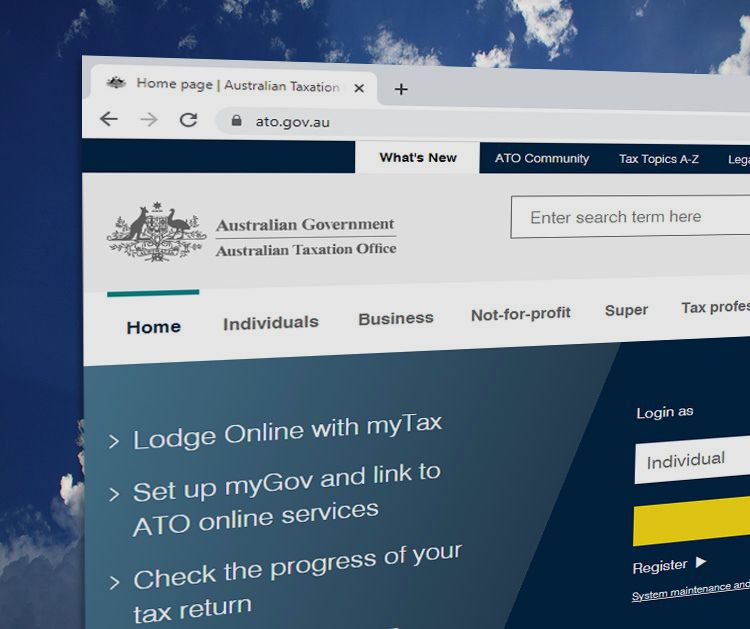For those looking to stay on top of their tax and super, the ATO recommends the following five resolutions:
1. Knowing if you’re in business or not
Are you earning an increasing income from a side hustle? If you answer ‘yes’ to a few of the following questions, it is likely that your activities might be a business:
- Do you intend to be in business?
- Do you intend and have a prospect of making a profit from your activities?
- Is the size or scale of your activity sufficient to make a profit?
- Are your activities repeated and continuous?
- Are your activities planned, organized, and carried out in a business-like manner? For example, do you:
- keep business records and have a separate business bank account?
- advertise and sell your goods and services to the public, rather than just to family or friends?
- operate from business premises?
- maintain required licences or qualifications?
- have a formal business plan or budget?
- have a business name or an ABN?
Your accountant can help you make this call as to whether your side hustle may be a business.
2. Keeping business details and registrations up to date
It’s essential to keep your ABN details up to date as emergency services and government agencies use this information to support businesses during disasters. Also, if you’re going to earn over $75,000 this financial year, you’ll need to register for GST. Even if your turnover is below this threshold, it may be advantageous to register.
3. Keeping good records
Good record-keeping helps you manage your business and its cash flow. It is also your defence should the ATO enquire about your affairs or select your business for an audit.
4. Working out if the PSI rules apply to you
The Personal Services Income (PSI) rules are a suite of ATO provisions designed to prevent persons who derive income from their personal services from “splitting” or “alienating” that income with other persons, therefore minimising the overall tax payable.
If you cannot pass one of the tests within the PSI rules and do not have a personal services business determination (PSBD) from the Commissioner, then regardless of the trading structure you choose, your PSI income derived will be classified as PSI, which means:
- you will be unable to claim certain deductions against your PSI (basically, your deductions will be limited to those of a normal employee)
- your PSI, less allowable deductions, will be attributed to you. This will be included in your individual tax return, and taxed at your individual marginal tax rate as though you were an employee.
We can assist you in determining whether these rules apply to you and answer any questions you have.
5. Looking after your business
The last few years have thrown some curve balls at small businesses, so it’s good to be prepared. If you’re struggling, the NewAccess program can help. It’s free, confidential, and designed for small businesses doing it tough.
Chat with one of our in-house accountants if you want to know more about these hot-button new year issues.
Disclaimer: The content of this article is general in nature and is presented for informative purposes. It is not intended to constitute tax or financial advice, whether general or personal nor is it intended to imply any recommendation or opinion about a financial product. It does not take into consideration your personal situation and may not be relevant to circumstances. Before taking any action, consider your own particular circumstances and seek professional advice. This content is protected by copyright laws and various other intellectual property laws. It is not to be modified, reproduced, or republished without prior written consent.



